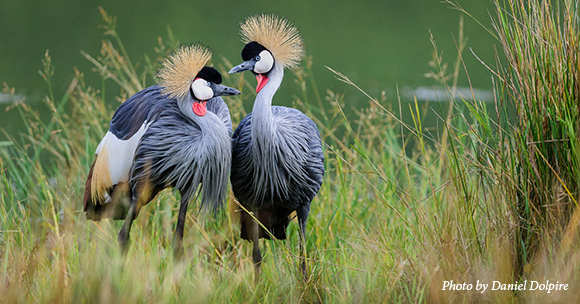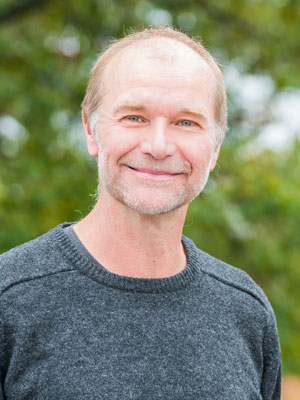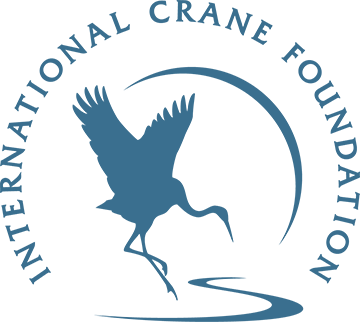
Dear Friends,
Thank you for your outpouring of well wishes since my message last week. I am grateful for your continued support at a time when we are all affected by COVID-19.
About a week ago, I wrote to share with you the steps we are taking to keep people safe, stop the spread of the virus, and continue caring for our cranes. For me, and I’m sure you, too, last week feels like a lifetime ago as we adapt to ever-changing and challenging circumstances.
With our staff spread across Asia, Africa, and the U.S., we are focusing on the safety and wellbeing of the team. One big task this week was getting all our field staff back home to their families before lockdowns occurred. Some barely made it, like our Zambian Ecologist Griffin Shanungu, who was meeting with his Ph.D. advisor in Belgium and flew home just as European and African countries were closing their borders. I am relieved to tell you that everyone made it home safely.
Also, this week, we postponed our conservation fieldwork in places where communities are most vulnerable to this virus. In Uganda, for example, the endangered Grey Crowned Crane breeds in small wetlands surrounded by agricultural fields and dense village settlements. We work together with these impoverished communities to improve their livelihoods with innovative income opportunities that reduce pressure on cranes and wetlands.
Of course, we cannot risk accidentally spreading the virus to these remote communities already challenged by other diseases with limited health care facilities. Rest assured, that when we can safely return to these areas, we will be back working for a better future for all who share their lands with cranes.
At our headquarters in Wisconsin, we are ensuring our aviculture and veterinary teams can safely keep our captive cranes fed and healthy. With more than 120 rare cranes on our campus, we have a responsibility to protect these birds for future generations. I am so humbled by our dedicated team.
Now that we have everyone safely at home and the cranes cared for, we are exploring creative and productive ways to improve professional skills to advance our mission. We are taking a deeper dive into innovative land and water conservation solutions, community-based natural resource management approaches, and carbon markets for fighting climate change, to name a few. We are also taking this opportunity to learn new software that will help us all do our jobs better. My boys are home doing distance learning. Now, I am too. I look out my office window at the birds returning to Wisconsin and am reminded why our work is so important – making the world more livable for all creatures.
And I plan to use this time to communicate more with you! I can’t wait to share with you a series of “From the Field” webinars about our research, fieldwork, and crane monitoring. We will hold “Skype a Scientist” sessions so you can engage and ask questions. Look for these opportunities and more on our website, social media, and in messages from me.
Thank you for being a steadfast partner. Craniacs are truly rare birds!
From our crane family to yours, we send our very best wishes for health and strength.

Sincerely,
Rich Beilfuss
President and CEO
